All cat owners have experienced the hiss of their cat at some point (probably more than once). Hissing is a defensive position.
Fear is a common reason that cats hiss, but it’s not the only one.
Read on to find out how and why cats hiss and what you should do when they hiss at or around you.
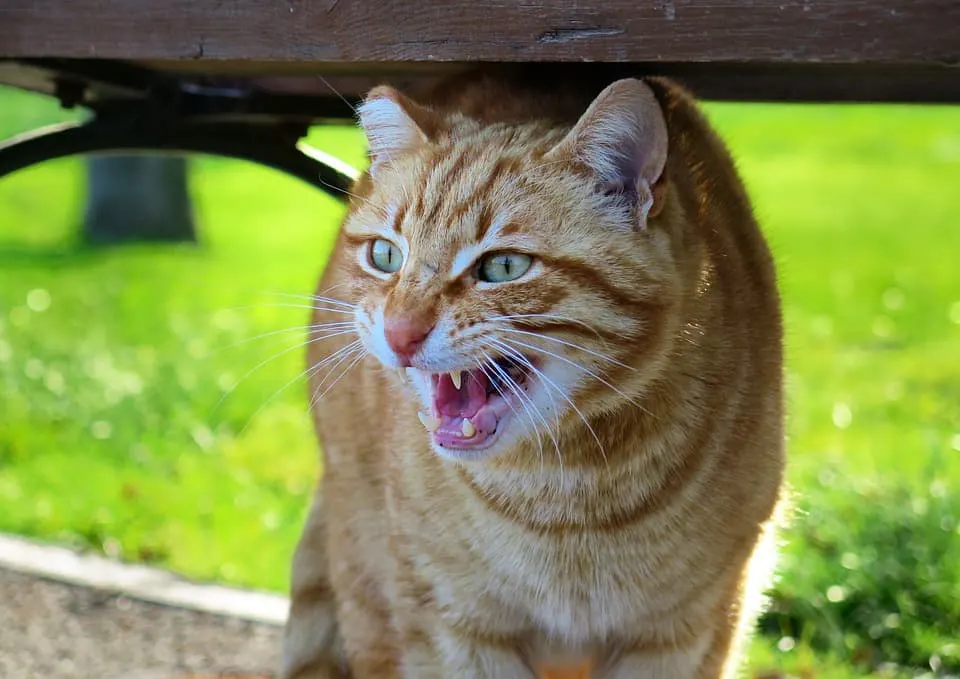
How Do Cats Make That Hissing Noise?
Cats create a hiss by forcing air from their mouths through an arched tongue. Cats also force back their lips and flatten their ears when hissing.
You may even see them arch their backs and puff up their tail in order to make themselves appear larger to the impending threat.
Some cat behavior experts think that cats make a hissing sound to copy the sound of a snake. In the wild, mimicing the sound of a bigger, badder animal can scare off prey.
Animals and humans both know the distinctive sound of a snake hissing. We back off when we hear that sound, and that might be what your cat is counting on.
After all, a snake hisses for the same reason that cats do: as a warning to back up or something worse than a hiss may happen.
Seven Reasons Your Cat May Hiss
1. Feeling threatened or being afraid of a person. According to veterinarians at Cornell, this is called “fear aggression”.
Cats hiss at people as a warning to stay back. Cats may also hiss when being handled by members of the family if they’re a bit too rough or approach too quickly.
You might also notice your cat hiss at the vet if they’re being restrained so they can be examined.
2. Other animals. If you have a multi-animal household, your cat might hiss at one of the other animals if they’ve crossed a line.
Or, if your cat likes looking out the window, they may come face to face with wild life on the other side of the glass and start hissing as a defensive posture.
3. Fear of the unfamiliar. Sometimes a change in a cat’s environment can cause them to hiss. It might seem like something small, but cats are creatures of habit, so even tiny changes can throw your cat off balance.
4. Protecting kittens. A mother cat will hiss at anyone or anything that she thinks is coming too close to her kittens. Even if mama is a friendly, calm kitty, she will defend her kittens at the first sign of a threat.
5. Stress. Stress can be related to an unfamiliar environment, but it’s often also caused by stressors in their environment.
Cats need to feel safe, and they do better in calm environments. Things like loud noises or fast, unplanned movements can stress your cat out and cause them to hiss.
6. Physical pain. Pain is a less common cause of hissing, but it shouldn’t be ignored. If your cat hisses at you when you try to pick them up, it could be because it hurts to be picked up.
It’s important to pay attention to where you’re touching your cat when handling them and taking note if they’re always hissing when being touched in the same spot.

7. Annoyance. Maybe this is better referred to as “Garfield Syndrome.”
While hissing is most often caused by feeling threatened, afraid, or stressed in some way, there are some cats who choose to voice their general displeassure by hissing.
It might be something as simple as not getting what they want when they want it or if a member of the family just annoys them in some way.
What to Do When Your Cat Hisses
When your cat does hiss, the first thing to do is respect the hiss. Your cat is trying to tell you (or some other offending human or animal) to back off.
Make sure that you provide a way for your cat to escape the situation.
If your cat is hissing, back up and make sure they can get out of the room to somewhere they feel safer. Let kitty make the first contact after hissing. Don’t force things.
Try to be a comforting presence. Never punish your cat for hissing. They’re communicating to you that they have an issue.
You may not like the hissing, but it’s important to understand why it’s happening and to find a way to make your cat interact more positively.
SURVEY: Do You Consider Cats Family?
Your opinion matters!
If it’s a person or another animal in the home that seems to be bothering your kitty, try doing a scent exchange slowly. This is especially true when introducing a new cat.
Scent Exchanging: Simply rub a soft cloth on the other animal or human the cat is wary of.
Then rub the scented cloth next to your cat’s mouth, where they have scent glands. Repeat the procedure for the other cat or animal that is new to your home.
Then place the cloth or item with the opposite cat’s scent in each cat’s play/rest area so they become accustomed to the new scent.
Reminders
Cats are good communicators. It’s up to humans to understand what their cat is saying in order to take the appropriate action. Hissing is no different.
While all cats do it at one point or another, if your cat hisses frequently, it’s important to take steps to determine the cause.
Once you nail down why they’re hissing, you can start to figure out how to help your kitty feel safer.
Has your cat ever hissed at you or a new member of the family? If so, what steps did you take to let your cat know that everything was going to be okay? Let us know in the comments!

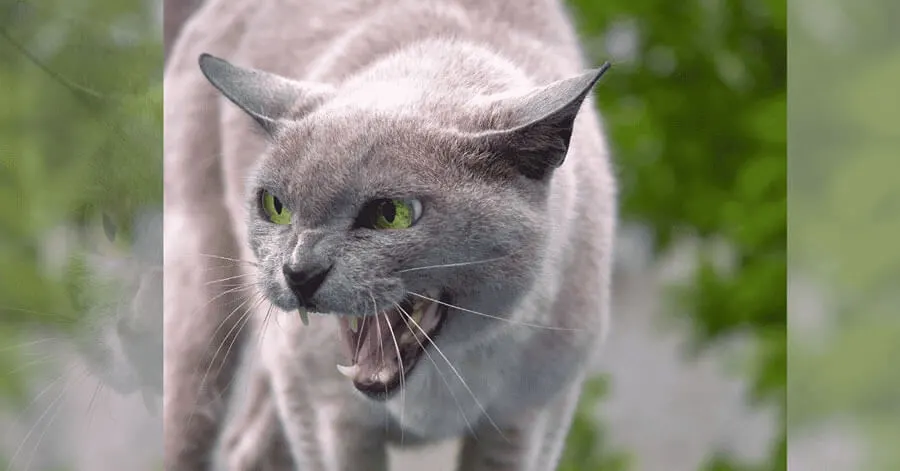
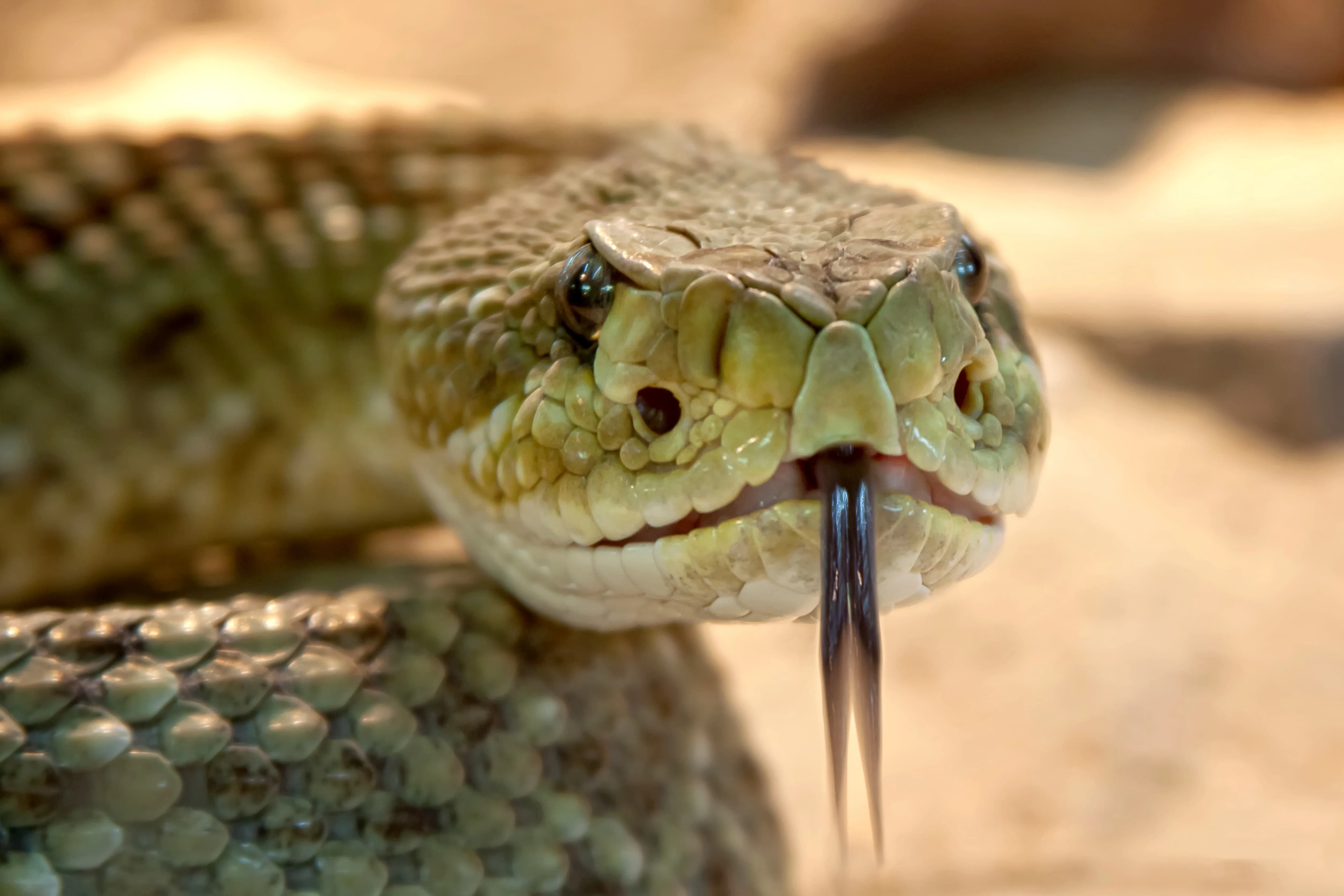
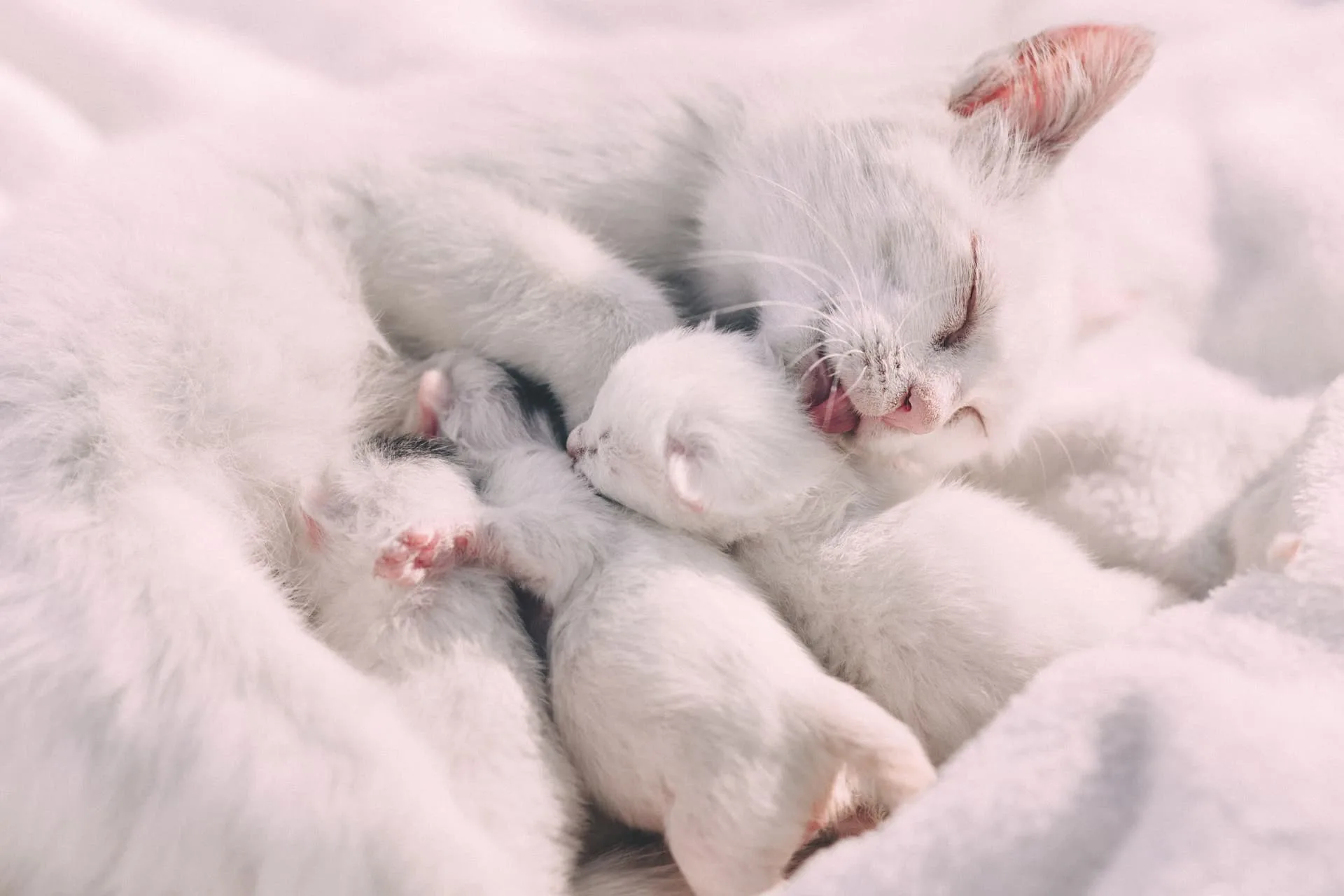
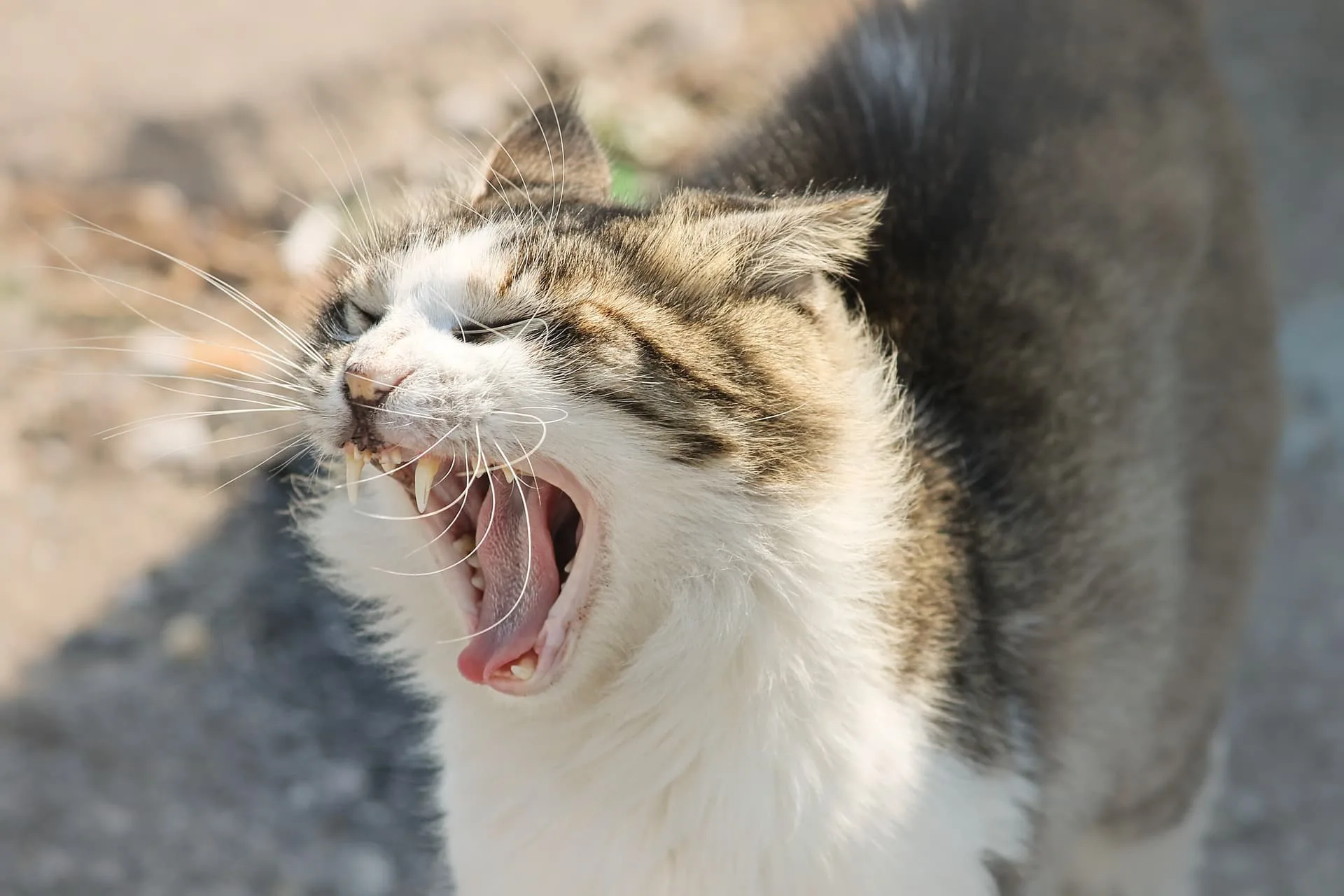
LuAnn
Wednesday 26th of June 2019
In my case this is not true! My cat has been with me for 12 years , not a problem then one day he decides he is going to be alfa! Not on my watch buddy! He growls at me, he hisses at me and strikes me claws out as I walk past him for the fourth time, (really?!?) I stomped my foot and yelled no, he never did it again! Cats can be trained they aren't fragile little things that need to be nurtured! If they act out like that they are trying to become the Alfa in my opinion and I have raised many cats and they have all gotten along except one occasionally.
Anne Marcum
Monday 22nd of April 2019
Max has never hissed. His reaction to something that scares him is flight. And Max meows loudly and continueously in the car. He definitely doesn't like riding in a vehicle. I've had other cats that occasionally hissed. That's my cue to back up!